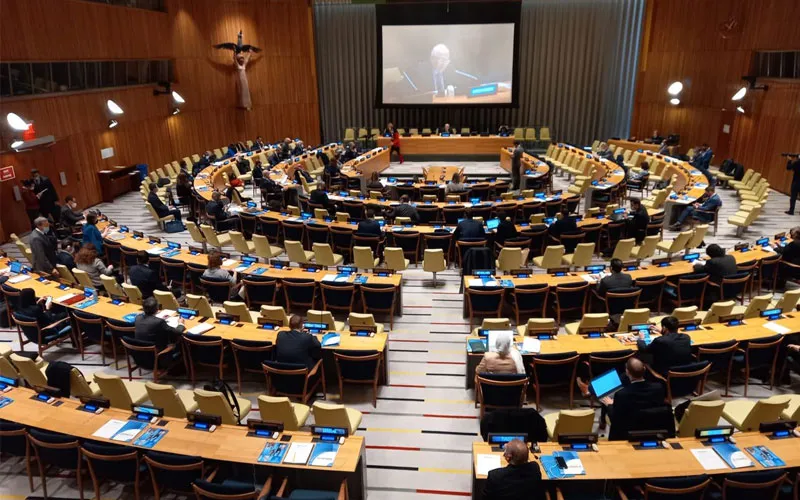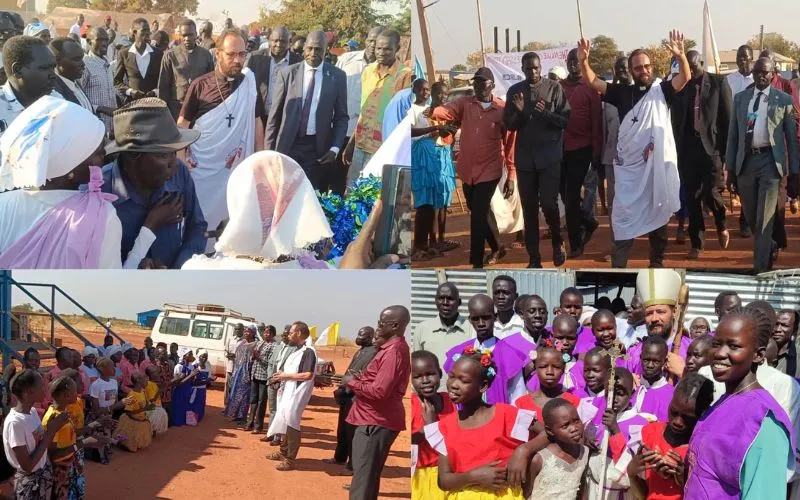The leadership of the development arm of the Catholic Church in Africa says, “Whilst the global media and political spotlight is focused on the crisis in Ukraine, attention to the suffering of people in sub-Saharan Africa has dropped away and support for life-saving aid efforts is woefully inadequate.”
“OCHA has announced 30 million dollars will be allocated from the UN Central Emergency Response Fund, but this will leave humanitarian aid efforts still massively underfunded. With the exception of the US Government, other major donors have not yet stepped forward to increase their support”, Caritas officials say.
The officials of the network that brings together national Caritas organizations in 46 sub-Saharan Africa countries further say, “Inadequate global funding for the drought and famine response is compounded by the impacts of the war in Ukraine on the global food supply chain; coming on top of conflict, forced displacement and Covid19 in the affected countries.”
They indicate that “Kenya and Burkina Faso buy 30%, Ethiopia 40% and Somalia 90% of their wheat from Russia or Ukraine. Increases in fuel prices are also impacting food production, with small-scale farmers especially impacted.”
Caritas Africa officials further cite Oxfam report on rising global food prices, which indicates that 3% of the total $6bn United Nations 2022 humanitarian appeal for Ethiopia, Somalia and South Sudan, has been funded to date, whilst Kenya has only secured 11% of its UN flash appeal to date.
“It is essential that support for the humanitarian response is channeled through national and local institutions that have a presence and trust in these communities, including local faith-based organizations and the Church”, Caritas Africa officials say in their three-page statement.
For these reasons, officials of the Catholic Church entity say they have identified three priorities in dealing with drought and famine: first to address the funding gap; second, to support local leadership of the crisis response; and third to address the underlying causes of famine and support community resilience in the longer-term.
In the April 25 statement, Caritas Africa officials further say that “conflict, environmental degradation, and bad governance systems are amongst the many, context-specific drivers of food insecurity, drought, and famine risk across sub-Saharan Africa, and suggest an emergency meeting to address the impacts of the war in Ukraine.”
“To address the impacts of the Russian invasion of Ukraine on global food systems, an emergency meeting of the Committee on World Food Security should be convened to establish the necessary coordination and action plans by governments to mobilize action beyond humanitarian response,” Caritas officials say.
They add, “International humanitarian agencies should also work with national and local institutions during the response to the drought and famine, for example through cash programming, in ways that strengthen national systems, which could then be built on through longer-term social safety nets where possible.”








